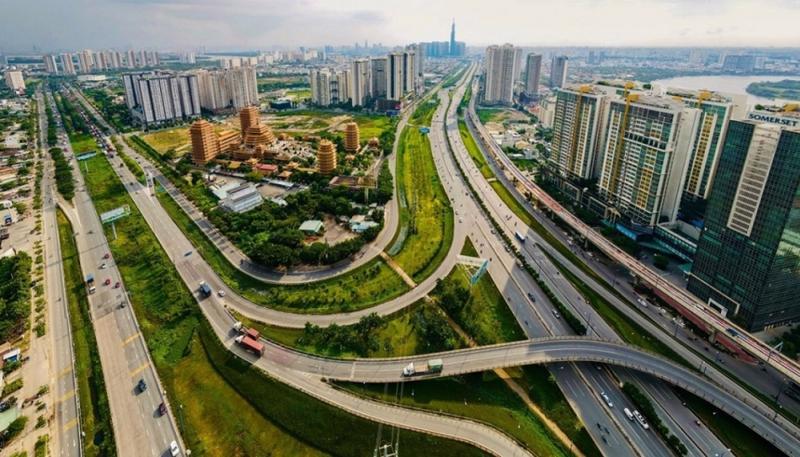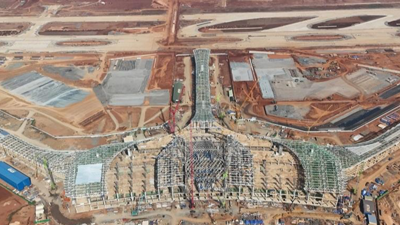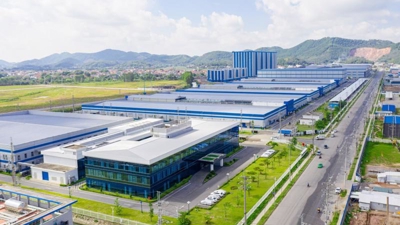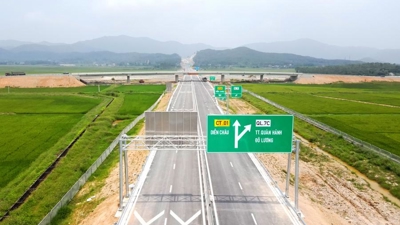Six Vietnam Provinces Called Out For Struggling with Public Investment Disbursement
Sluggish disbursement rates in several provinces underscore broader challenges in Vietnam's public investment framework, hindering economic progress.

Vietnam's Ministry of Finance has singled out six provinces struggling to accelerate the disbursement of public investment funds, highlighting a nationwide challenge with potential implications for economic growth.
Specifically, Binh Thuan, Gia Lai, Dong Nai, Binh Duong, Binh Phuoc, and Tay Ninh provinces have all recorded disbursement rates below the national average in the first three months of 2024.
As part of its efforts to stimulate growth, the Vietnamese government has consistently increased public investment spending. However, delays in disbursing these funds can bottleneck public works projects and have a dampening effect on the economy.
This is partly the result of shortcomings in Vietnam's investment policy framework, which can cause difficulties and delays at several stages of a project's lifecycle.
Policy Complexities Cause Project Delays
Provinces cite a variety of obstacles in disbursing funds, including issues with land valuation, pricing ambiguities, and the lack of clear procedures for projects spanning multiple localities.
For example, Gia Lai province has found it difficult to progress with projects due to challenges in accurately determining land values. This has directly affected site clearances, as the province has been unable to provide fair compensation to those affected.
Binh Duong is grappling with a different dilemma. Several crucial projects in the province involve multiple localities, but existing public investment laws don't define procedures or authorities responsible for overseeing such multi-jurisdictional projects.
While the National Assembly has adopted a resolution piloting a policy change that allows provinces to support other localities on specific road building projects, ongoing projects in Binh Duong do not fall under this policy change, leading to legal ambiguities and stalling their progress.
Economic Headwinds
The slow pace of project implementation risks hurting Vietnam's economic outlook. After impressive growth figures during its post-pandemic reopening, the country's economy is facing an increasingly volatile global landscape that could negatively impact export-dependent sectors.
The disbursement issues come amid broader calls for improving public investment efficiency in Vietnam. Experts suggest that the country's fragmented institutional and regulatory framework leads to overlapping responsibilities, poor coordination among stakeholders, and weak transparency mechanisms.
Ministry of Finance Offers Guidance
To address the situation, the Ministry of Finance has urged the six lagging provinces to promptly review and allocate funds.
Prioritization should be given to national projects, highways, and projects connecting regions that have completed all the necessary investment procedures and have the capacity to expedite disbursement.
The Ministry has also underlined the importance of mobilizing support from local political systems to speed up the site clearance process, which involves compensation, resettlement, and public communication about land pricing and compensation policies.
Beyond the Six Provinces
The problem of slow public investment disbursement is not unique to the six provinces specifically highlighted. It's a recurring issue in Vietnam, reflecting the structural shortcomings in the country's policy and administrative apparatus when it comes to managing public funds.
Without focused reforms aimed at streamlining procedures, clarifying legal frameworks, and improving coordination, the benefits of public investment will likely continue to be delayed, putting a damper on Vietnam's efforts to achieve its full economic potential.







